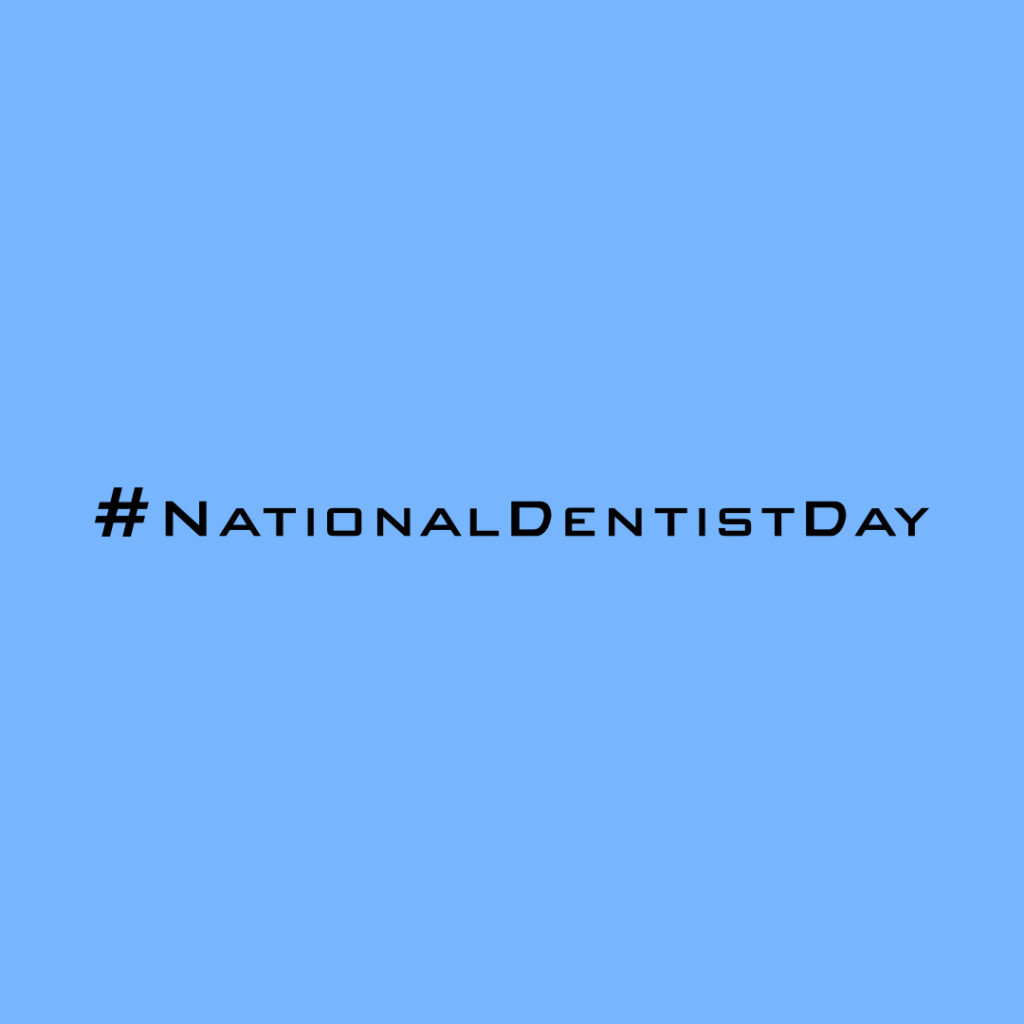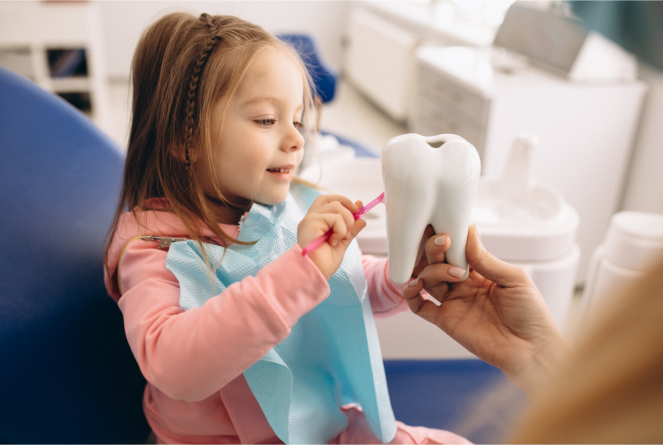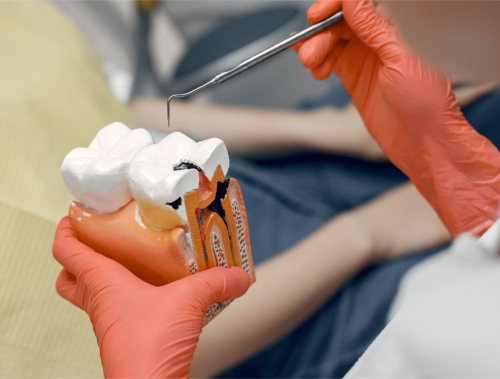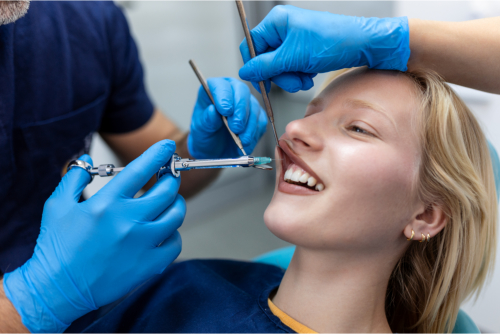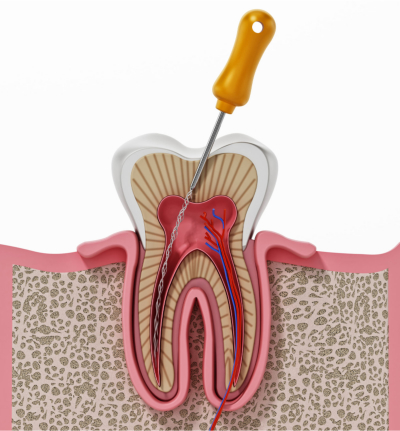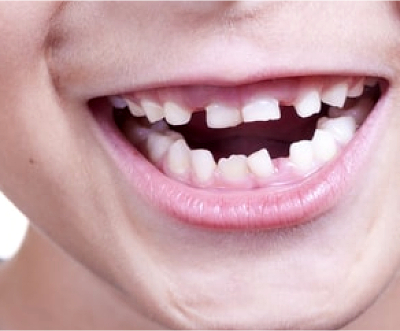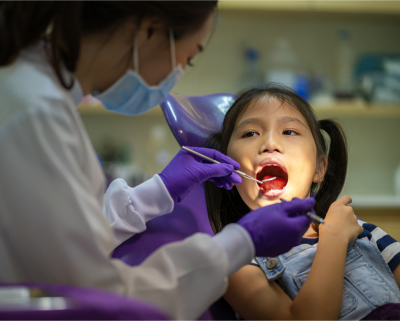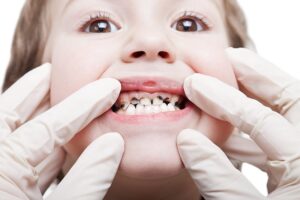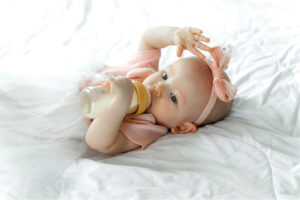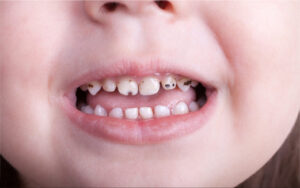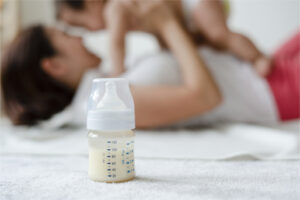Loving Your Smile The Importance of Orthodontics for Teens
February 12th, 2025
The Importance of Orthodontics for Teens
The teenage years are a time of growth, self-discovery, and building confidence—and a healthy, beautiful smile can play a big role in that journey.
Orthodontic treatment during adolescence isn’t just about straight teeth—it’s about promoting long-term oral health and helping teens feel proud of their smile.
Crooked teeth, bite issues, or jaw alignment problems can lead to difficulties in chewing, speaking, and even cleaning teeth properly.
Left untreated, these issues may cause more serious problems later in life.
That’s where orthodontics comes in.
With today’s advanced options, including traditional braces and clear aligners, treatment is more comfortable and flexible than ever.
Orthodontists can tailor care to each teen’s unique needs, helping guide the development of their smile as their mouth grows.
Braces vs. Clear Aligners: What’s the Difference?
When it comes to straightening teeth, both traditional braces and clear aligners are effective—just in different ways. Here's a quick breakdown to help you understand the benefits of each:
Traditional Braces
- Best for complex cases: Braces are often more effective for significant bite or alignment issues.
- Always working: Since they're fixed to the teeth, braces are always active—no need to remember to wear them.
- Customizable: Teens can personalize their look with colorful bands, which adds a fun twist to treatment.
Clear Aligners
- Discreet: Made from clear plastic, aligners are nearly invisible—perfect for teens who prefer a subtle option.
- Removable: They can be taken out for eating, brushing, or special occasions, which makes daily routines easier.
- Comfortable: With no metal wires or brackets, aligners typically cause less irritation to cheeks and gums.
Both options have their perks, and the right choice depends on each teen's needs and lifestyle. An orthodontic consultation can help determine the best path to a confident, healthy smile.
? Braces vs. Clear Aligners
| Feature | Traditional Braces | Clear Aligners |
|---|---|---|
| ? Effectiveness | Great for complex cases | Great for mild to moderate cases |
| ? Visibility | Visible (metal or ceramic brackets) | Nearly invisible |
| ?️ Wear Schedule | Fixed—24/7 (can’t remove) | Removable—must wear 20–22 hrs/day |
| ? Food Restrictions | Yes (avoid sticky, hard foods) | No (remove aligners to eat) |
| ? Oral Hygiene | Slightly harder to clean around brackets | Easy to brush and floss after removal |
| ? Comfort | May cause irritation from wires | Smooth, no wires—less irritation |
| ? Customization | Fun colored bands available | Clear and minimalist |
Beyond the health benefits, orthodontic treatment boosts self-esteem.
When teens feel good about their smile, it shows in their confidence and interactions.
And that confidence? It lasts far beyond the braces.
Helping teens love their smile isn’t just cosmetic—it’s a powerful investment in their future.


